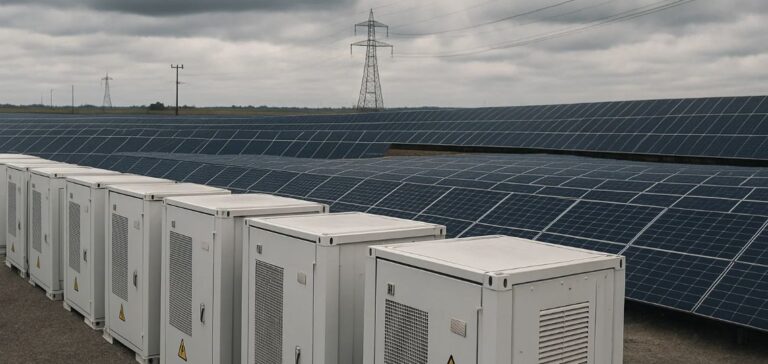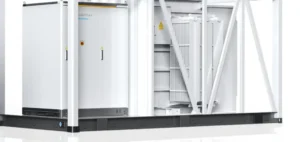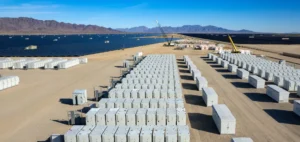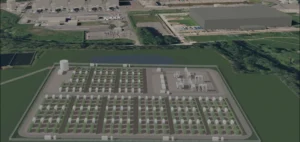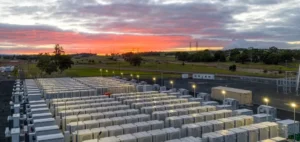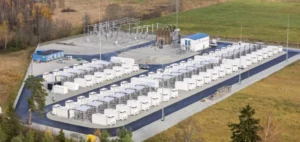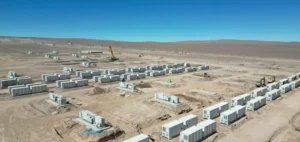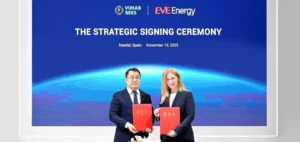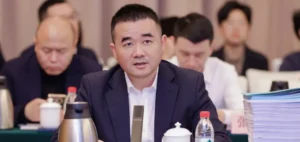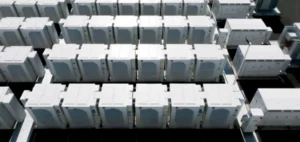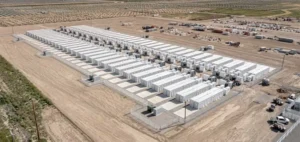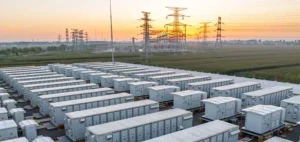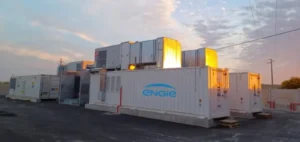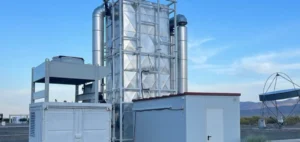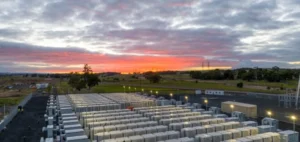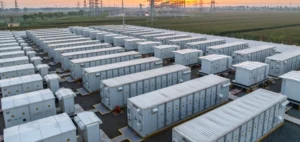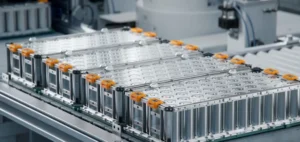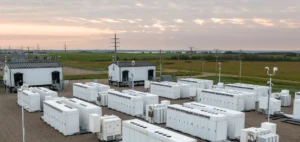The Office National de l’Électricité et de l’Eau potable (ONEE) has initiated a battery energy storage project with a total capacity of 1600 megawatt-hours (MWh) to strengthen the stability of Morocco’s national electricity grid. This initiative addresses the need to balance electricity supply and demand amid growing output from solar and wind energy sources.
A system distributed across strategic sites
ONEE’s strategy includes the multi-site deployment of storage facilities, with identified locations such as Kénitra, Settat, and Al Massira. The operational objective is to absorb the intermittency of renewable energy sources and to smooth consumption peaks that are placing increasing pressure on the power system. The introduction of these capacities is expected to reduce imbalances between supply and demand over short time frames.
The state-owned company has launched a call for expressions of interest to identify industrial and financial partners capable of contributing to the project’s implementation. This process aims to integrate actors that can provide proven technical solutions while ensuring the economic viability of the programme.
A response to rising grid pressure
The increase in renewable energy production in Morocco, largely dependent on solar and wind installations, presents a structural challenge for grid reliability. The unpredictable fluctuations in electricity supply create balancing difficulties, particularly in regions with high industrial activity.
Battery storage investment is part of a broader infrastructure development strategy intended to secure the country’s energy supply. For businesses, especially in manufacturing sectors, consistent power delivery is a key determinant of competitiveness. The project thus forms part of a wider transformation of Morocco’s energy model, where flexibility is now recognised as a vital component.


